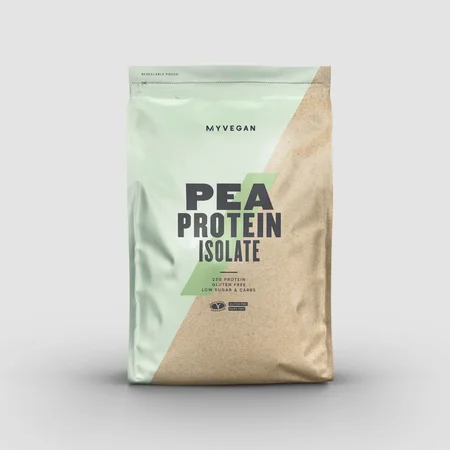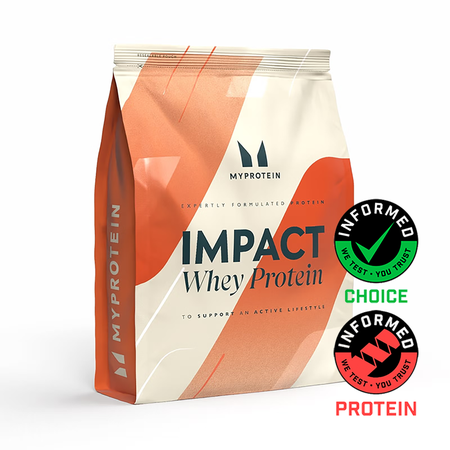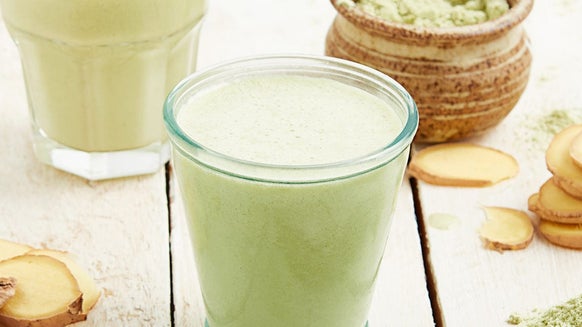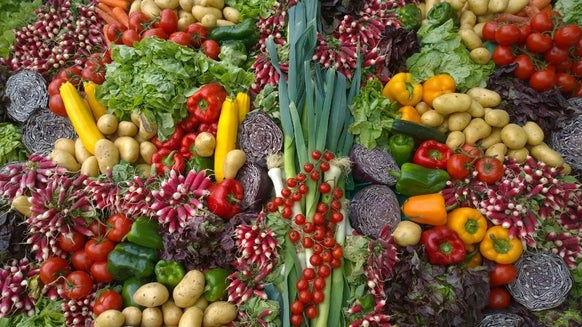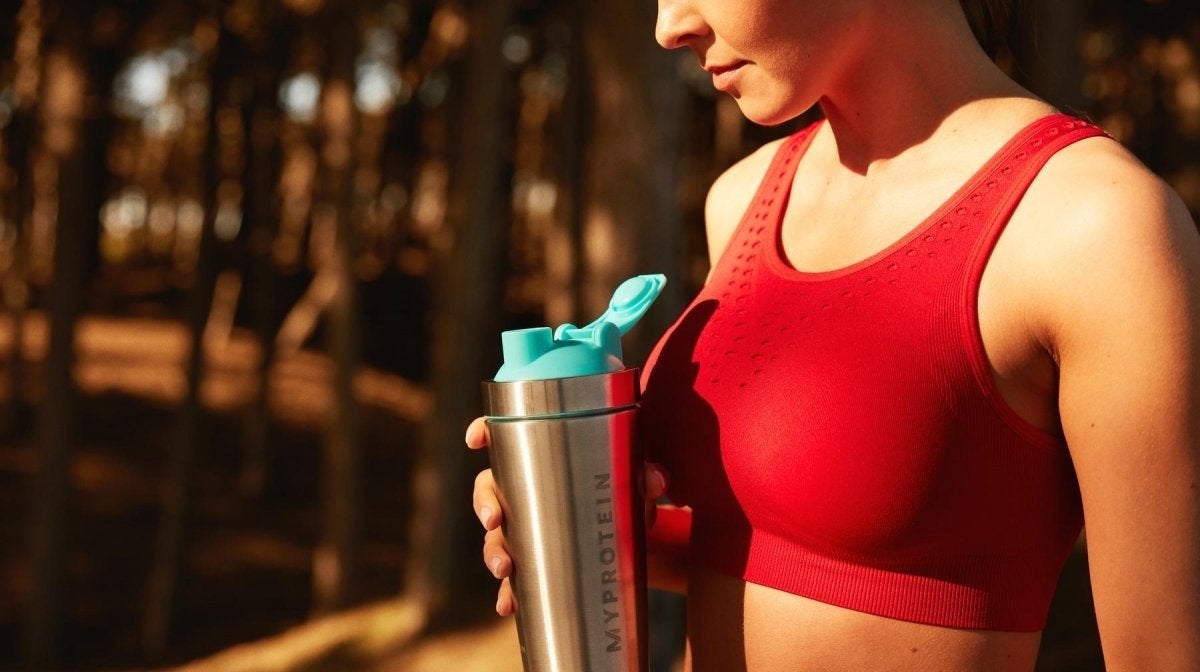
When it comes to building muscle, your gym routine is only part of the puzzle — your diet, particularly your protein intake, is the other key factor.
In general,
While specific factors can play a role in where you fall on that range, supplying your muscles with quality protein from your diet is the key to promoting muscle growth. Read on to learn about how to make the most of your protein intake.
How much protein do you need to build muscle?
| Underweight | Healthy Weight | Overweight | Obese | |
| Male | 2.0g/ per KG bodyweight | 1.4 g/ per KG bodyweight | 1.2g/ per KG bodyweight | 1.2g/ per KG bodyweight |
| Female | 1.8g/ per KG bodyweight | 1.2g/ per KG bodyweight | 1g/ per KG bodyweight | 1g/ per KG bodyweight |
What is protein?
Protein is one of the three macronutrients along with fat and carbs. It provides 4 calories per gram and is made up of amino acids.
How does protein contribute to muscle growth?
Much of our body is made up of protein, including muscle, bones, skin, and hair. Because its function is so widespread, there’s a constant turnover of proteins in our body — some being broken down (catabolism) and some being built up (anabolism).
The amount of protein we consume in our diets can influence whether we are in a building or breaking down state.
Exercising causes stress on our muscles, making tiny tears or injuries in the muscle proteins that need to be repaired. Consuming more calories and protein in our diet than we are breaking down provides the building blocks for our muscles to repair and gain mass over time.
How to calculate your protein requirements for muscle mass
If you want to calculate how much protein you need to build muscle mass, there are a few approaches you can take.
1. The simplest approach is the grams per kilogram calculation using the table above. If you are a female and currently at a healthy weight of 150 lbs, you need 1.2 g/kg protein to build mass.
2. You can also use a macro approach, like our simple macro calculator. It will give you recommendations for carbs and fat as well, based on your gender, age, weight, and goals. This does all the maths for you!
3. The third option is to calculate your protein intake as a certain percentage of your total calorie intake — between 10-30% is a reasonable range. If you want to gain mass, we’d recommend between 20-25% of your calories coming from protein. For example, if you follow a 2000 calorie diet:
Which factors could affect your calculations?
You might have higher or lower protein needs for different reasons. Women typically have less lean mass than men and require less protein in general.
Women who are pregnant or breastfeeding have higher protein needs. Also, if you’re recovering from any kind of injury, your needs may be higher as your body is in a state of repair.
If you’re trying to lose weight and are currently consuming too many calories, you might have to cut back on protein intake as part of an overall lower-calorie diet.
However, keeping your percentage of calories from protein the same will help preserve your lean muscle mass and potentially promote muscle growth based on exercise.
High-protein foods to help you build muscle
The table below lists some high-protein foods and compares the amount of protein in each food based on a 100g serving.2 However, remember 100g is not necessarily the serving size of each of these foods.
While chia seeds are high per 100g, you would likely not consume more than 10g at a time — you might consume more than 100g of milk at once.
| Classification | Food | Grams protein per 100g food |
| Meat | Chicken Breast | 31g |
| Turkey Breast | 30g | |
| Pork Chops | 30g | |
| Lamb Chops | 26g | |
| Ground beef | 26g | |
| Fish | Salmon | 22g |
| Sardines | 25g | |
| Tuna | 24g | |
| Mackerel | 26g | |
| Nuts & Seeds | Chia Seeds | 16g |
| Peanuts | 24g | |
| Almonds | 21g | |
| Eggs | Whole eggs | 12g |
| Egg whites | 11g | |
| Dairy Products | Skimmed milk | 3.5g |
| Greek yogurt | 6g | |
| Cheddar cheese | 25g | |
| Soy Products | Soy beans | 11g |
| Soy milk | 4g | |
| Tofu | 16g |
Protein for muscle growth — frequently asked questions
Do males need more protein than females?
Males generally have a higher proportion of muscle than females, which would require higher levels of protein for muscle growth or maintenance. However, based on the height, weight, and muscle mass, a female could require more than a male with less muscle mass.
Will protein make me gain weight?
Too many calories from any source can make you gain weight. If you want to gain muscle, you will likely see the number on the scale increase.
Muscle tissue holds water while fat does not; this is why you might see changes in your body composition but not see weight loss. Too much protein — more than your body needs — can be stored as fat for later usage and also lead to weight gain.
What is the best protein to build muscle?
The best proteins to build muscle are those that contain all of the essential amino acids — the building blocks for protein that the body can’t make on its own — which are called “complete” proteins.
Varying your protein sources in your diet can help assure you get a wide range of amino acids. Research shows that protein sources high in the amino acid leucine can increase muscle growth.3 Dairy foods, like whey protein, are high in leucine.
What is the best vegan protein for muscle growth?
There are many high protein vegan supplements on the market — soy, rice, pea, etc. A blend can be a good option to make sure you are obtaining all the amino acids. Look for one with higher levels of leucine and compare labels to find the one with the most protein per 100g.
Is it possible to consume too much protein?
It’s possible to consume too much of any nutrient — and what our body doesn’t need to burn for energy, it will store.
Our kidneys are involved in the processing of the protein in our diet, and extremely high levels of protein can be harmful over time. However, studies show that up to 3.5g/kg bodyweight per day does not cause negative side effects.4
Take Home Message
Protein is a key nutrient found in many of our foods, and available in many supplement forms.
As the key muscle builder, protein in our diet, along with exercise that challenges our muscles, causes them to repair and grow.
Following an eating pattern that includes high quality protein is an important part of building muscle and meeting your strength goals.

1. Table, M. (2005). Dietary reference intakes for energy, carbohydrate, fiber, fat, fatty acids, cholesterol, protein, and amino acids (Vol. 5, pp. 589-768). National Academy Press: Washington, DC, USA.
2. Nutritiondata.self.com. 2020.SELF Nutrition Data | Food Facts, Information & Calorie Calculator. [online] Available at: <https://nutritiondata.self.com/> [Accessed 19 August 2020].
3. Rieu, I.,Balage, M.,Sornet, C., Giraudet, C., Pujos, E., Grizard, J., … & Dardevet, D. (2006). Leucine supplementation improves muscle protein synthesis in elderly men independently of hyperaminoacidaemia. The Journal of physiology, 575(1), 305-315.
4. Astrup, A. (2005). The satiating power of protein—a key to obesity prevention?.
